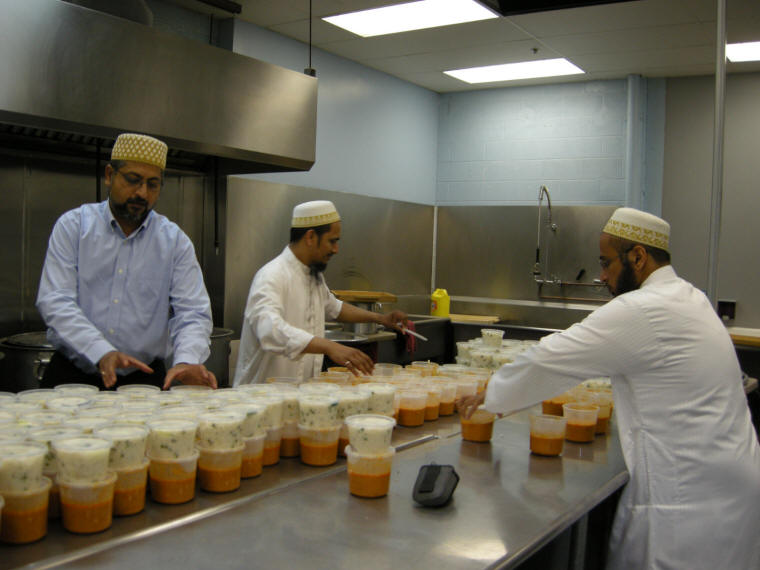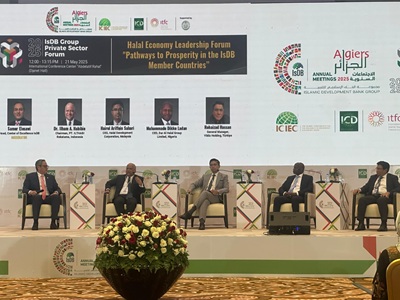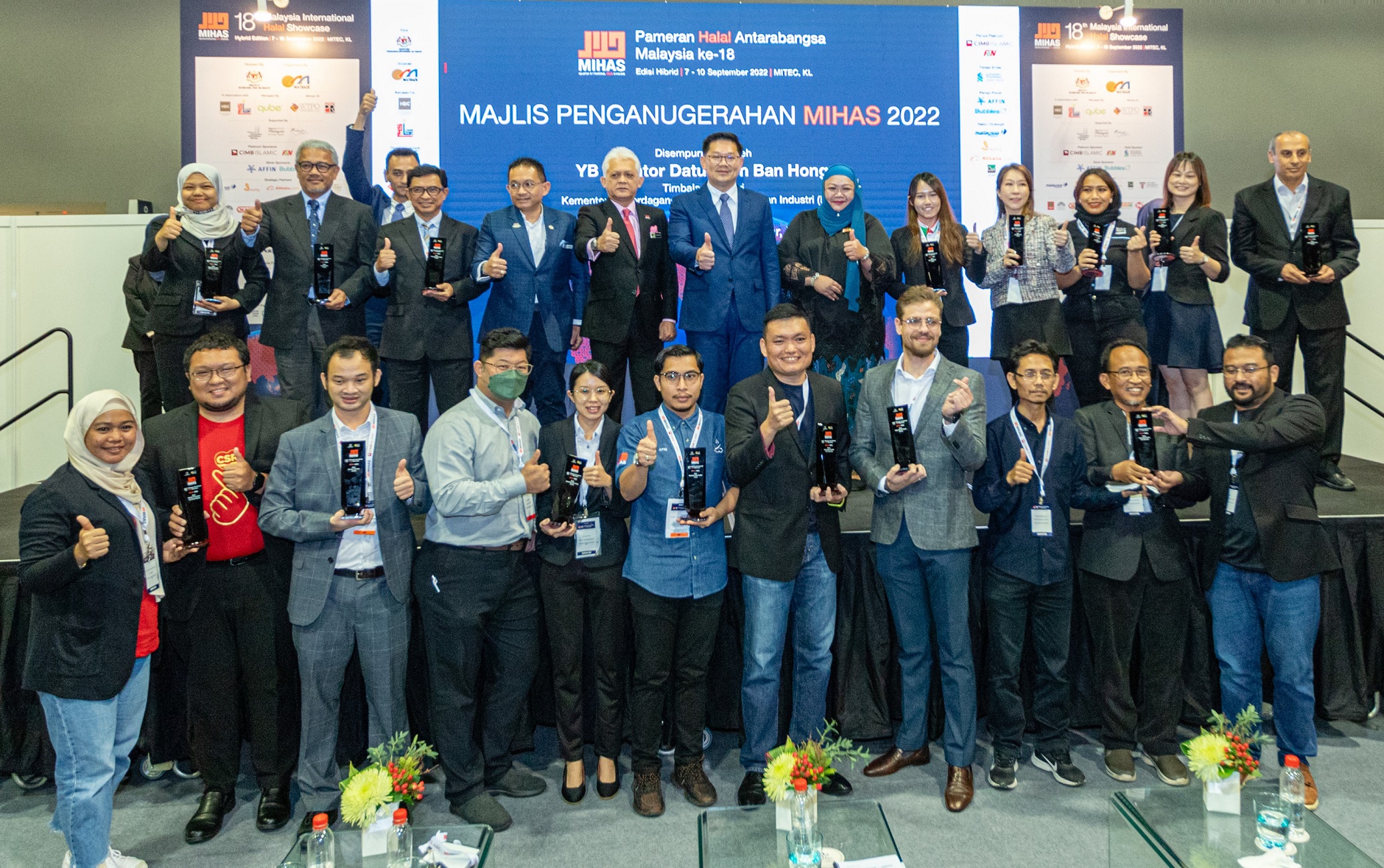With food and hunger being basic human issues, there is an urgent need to extensively work at grass-root levels like neighborhood and community-based support projects that would help in achieving a hunger free and sustainable world in a short period of time, says QUREISH RAGHIB
Disturbingly provocative as it may sound, it is amazing how national and international institutes and governments make use of human hunger for its own survival.
Approximately 870 million people, or one in eight of the people in the world are challenged by hunger, of which 852 million people are from the under-developed countries. This sums up to16 % of its population according to UN Food and Agriculture Organization’s (FAO) recently released statistic reports. It deliberately declares 15 million people to be under nourished in developed counties which factually, considering the global financial recession, seem far too minimal.
Nevertheless, policy makers, captains of industry and professionals from diverse fields from world over have on numerous occasions gathered and pledged to eradicate the rising food insecurity and hunger menace prevailing in human societies.
On the backdrop of the recently concluded 38th FAO Conference held in Rome, the first of the eight UN Millennium Development Goal (MDG 1) – to halve the proportion of hungry population and the more audacious goal of the World Food Summit’s (WFS) to reduce under nourished people by half before 2015 has since long been predicted by experts to be too challenging.
At the well attended FAO Conference, the Self Employed Women’s Association (SEWA), an NGO diligently working for the social uplift of extremely poor women in India shared the award presented at the Conference with none other than the European Commission (EC) for its contribution of 1 billion Euros in response to the food price crisis in 2008-11. Ironically, it is a known fact that this EU initiative was but a mere desperate attempt to minimize the EU’s increasing unpopularity in Europe as some of its members were facing serious challenges from its own people for introducing disastrous economic policies.
The impact of such misadventures has greatly diminished the birth-right of provision of food of any human-being living in a developed or under-developed nation.
Sufficient natural resources have always been there for human consumption. Not giving access to the available resources or services required by people to produce, purchase or otherwise procure enough nutritious food has thus given way to global food insecurity. Globally, one-third of food production is lost annually due to negligent authorities. India alone loses some 21 million tonnes of wheat per year even while it has 200 million food-insecure people in the nation. Evidently, it is the serious apathy in governance that tends to be the spoil-spot between food and consumers that has given rise to the prevailing crisis.
An interesting observation is, unlike its counterparts in the West and in Africa, leaders and governments in South Asia sans the high population have been fortunate to have the advantage of a strong food culture in the region. The comparatively high level of religious and social conscience to share and distribute food amongst fellow-beings is pivotal in reducing the dilemma of insufficient food availability in most Asian countries thus, minimizing the disastrous effects of food polity and policy blunders to great extent.
In India, the Congress-led United Progressive Alliance (UAP) government desperately endeavors to pass the five-year delayed Food Security Bill/Ordinance in Parliament that was factually to be introduced within its first 100 days in power. Not surprising, the UPA government has kept this important Bill in reserve to deliberately use it as a stick and carrot poly to arrest the slither of its popularity as the next General Elections approaches nearer.
Nonetheless, with food and hunger being basic human issues, there is an urgent need to extensively work at grass-root levels like neighborhood and community-based support projects that would help in achieving a hunger free and sustainable world in a short period of time.
An excellent case study is the community-centered hunger elimination and food security initiative of the Dawoodi Bohra Muslims largely based in South Asia. Taking into consideration the community members’ physical wellbeing, its spiritual leader, Syedna Mohammed Burhanuddindirected to organize a world-wide campaign to collectively provide healthy meals prepared in community kitchens. The community’s Faizul Mawaid il-Burhaniyah (FMB) initiative ensures holistic community health as it daily distributes highly nutritious, hygienic food to over 100,000 Dawoodi Bohra families. Under the supervision of the spiritual leader’s heir apparent Maulaya Mufaddal Saifuddin, this collective beneficence reaches out to over 80% of the families across 700 villages, towns and cities in some forty nations resulting in a high percentage fall in malnourishment within the community.
Apparently, the need of the hour is to recognize and utilize one’s own available reserves and resources rather than wait for handouts from governments and institutes – including legal entitlement of food in form of cobwebbed Acts and enforcement of related laws endorsed only after many more human lives are lost by hunger death.
However, it also needs to be understood that on the one hand, not all sections of society have the capacity or capability to be self-sustained in procuring long term balanced food diet. On the other hand, a good number of community groups depending on others are aware or unaware to have the necessary technical and tactical equilibrium in place for collective self-help. The tribal communities in the mountainous Har’az region in Yemen have seen plentiful agriculture outputs through sustainable practices after decades of misuse of natural resources. The community mobilized initiative to up-root hundreds of thousands of noxious Catha edulis (qa’t) trees and replace it with productive vegetation has given way to a phenomenal growth in food security in this highly fertile western highlands of Yemen. Visited by international institutes for research, Ralegan Siddhi a tiny village once affected by drought and poverty in the interiors of western India today has a grain bank, milk bank and year-round uninterrupted water supply subsequent to the local community’s efforts in utilizing its mere resources collectively and constructively. Working affectively on such lines would considerably arrest the gross food insecurity at both micro and macro levels.
Qureish Raghib is a Mumbai based commentator on current socio-political affairs in South Asia.






0 Comments